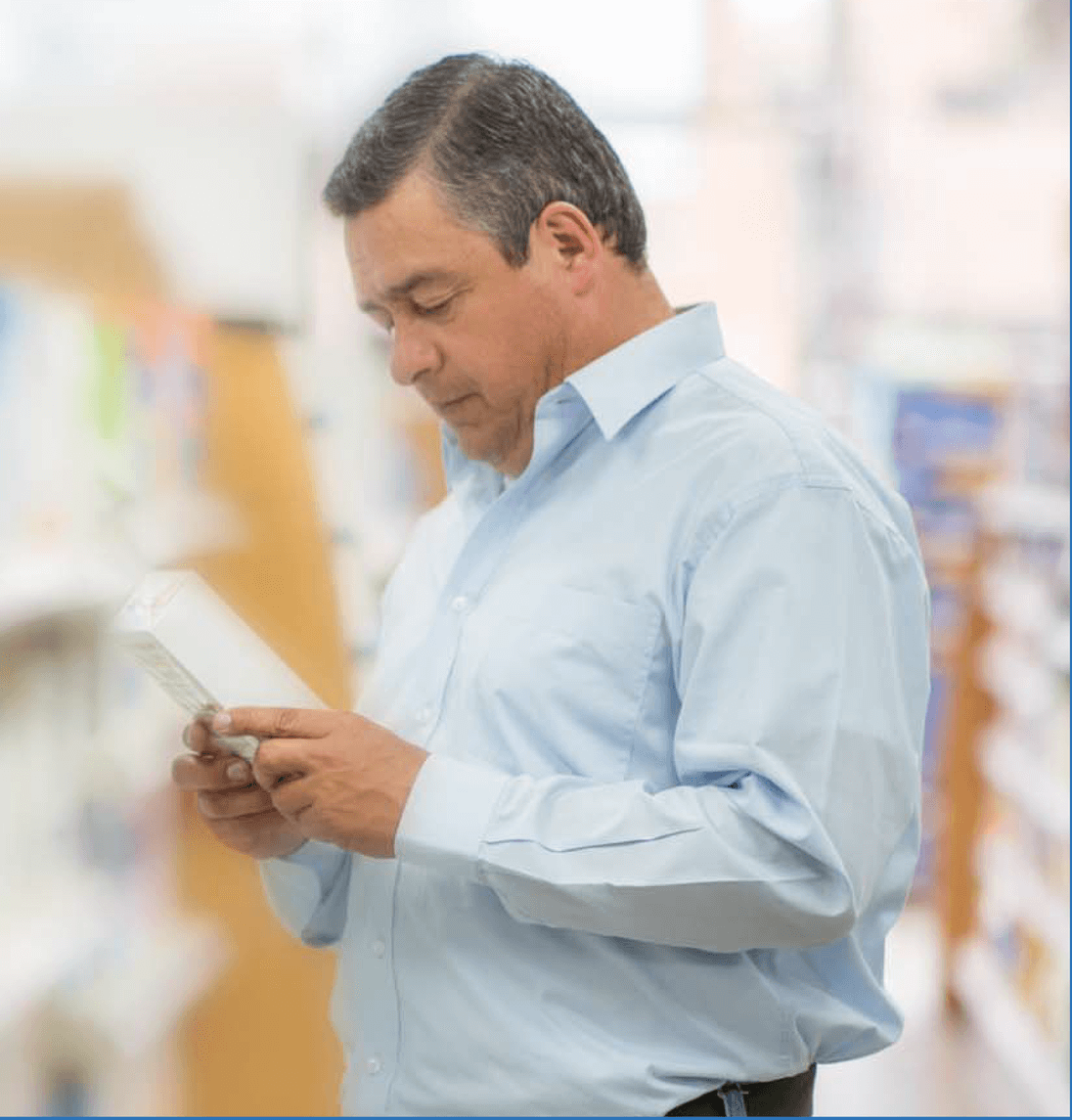The Health Benefits of Vitamin D for Gut Health

Before Vitamin D was isolated and identified as a compound in the 1930s, the medical community knew its benefits. The “sunshine cure” for rickets and tuberculosis, prescribed by doctors and practiced in sanitoriums with bright balconies and rooftop terraces, had identified (correctly) the restorative powers of the sun. The magical healing component? We now know it to be Vitamin D. According to the Journal of Investigative Medicine, Vitamin D’s curative powers have been used on all manner of infections “since before the advent of effective antibiotics.”
Vitamin D isn’t just curative; its effects are also preventative, as Vitamin D helps modulate immune system function. From Harvard’s T.H. Chan School of Public Health:
“Vitamin D’s role in regulating the immune system has led scientists to explore two parallel research paths: Does vitamin D deficiency contribute to the development of multiple sclerosis, type 1 diabetes, and other so-called ‘autoimmune’ diseases, where the body’s immune system attacks its own organs and tissues? And could vitamin D supplements help boost our body’s defenses to fight infectious disease, such as tuberculosis and seasonal flu?”
Sources of Vitamin D
Vitamin D is as hard to come by--at least in natural sources--as it is beneficial. Data collected by the National Health and Nutrition Examination Survey from 2013–2016 showed that “92% of men, more than 97% of women, and 94% of people aged 1 year and older ingested less than the EAR [Estimated Average Requirement] of 10 mcg (400 IU) of Vitamin D from food and beverages.” Americans aren’t the only ones afflicted with a Vitamin D crisis. The European Journal of Clinical Nutrition states that a full 40% of Europeans are deficient in Vitamin D, with 14% of its residents registering a severe deficiency.
In fact, the United States sees our lack of Vitamin D as important enough that it fortifies much of its milk supply, both cow-based and plant-based; the fortification of infant formula is mandated by law. This fortification supplements the few foods are naturally rich in Vitamin D. The small list includes higher fatty fishes, like salmon and herring, cod liver oil, canned tuna, egg yolk, and mushrooms. (If you’re vegan, hope you like mushrooms! Thank goodness for that fortified oat milk.) Vitamin D is also complicated to absorb and synthesize. Darker skinned people have greater amounts of skin melanin, which diminishes skin’s ability to absorb Vitamin D from sunlight. And we lose our ability to synthesize Vitamin D as we age, which is one of the reasons older people are prone to brittle bones. People with a higher BMI have deeper layers of subcutaneous fat, which traps the vitamin and prevents its release. Steroids and other medications--for seizures and cholesterol, for example--can prevent Vitamin D absorption.
Vitamin D is actually a group of 5 D vitamins, the most important of which for humans are D2 and D3. D2, also known as cholecalciferol, comes from plants; D3, also known as ergocalciferol, comes from animals. After being created in the skin when UV rays are absorbed and trigger photosynthesis, the Vitamin D compound is stored in our fat and accessed when necessary. According to our coach Jayne Baker, CNHP, Vitamin D3 is in every cell of our body, and the body functions better when more Vitamin D is around. Baker mentions that if you’re appropriately pH balanced, you can absorb more Vitamin D from the environment and your dietary sources.
Signs and symptoms of Vitamin D deficiency
So how do you know if you’re Vitamin D deficient? Baker says that sadness, especially in the darker winter months, insomnia, achy bones, fatigue, and brain fog are indicators. (These could also be indicators of other serious problems, so please consult your medical professional for an accurate diagnosis.) She recommends fixing this deficit through whole foods, then adding in Vitamin D supplements as necessary. Our Micronutrient Bars are an excellent source of vitamins from whole foods.
And get outside! Next to a window doesn’t count; UV radiation doesn’t transfer through glass. If you’re in a big city, you’ll need to escape the shadows of tall buildings and the fog of pollution to see sunshine’s benefits. You don’t need much: spending 15 minutes outdoors every day will get you the benefits of Vitamin D while avoiding the health risks of too much sun exposure. Your immune system will thank you.
Want to learn more about our coach Jayne Baker, the rest of our Healright 360 program, and how it can support you on your wellness journey?




